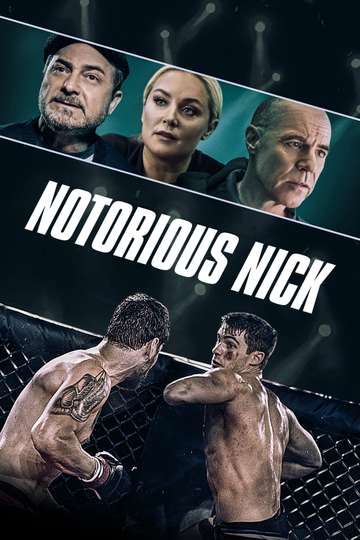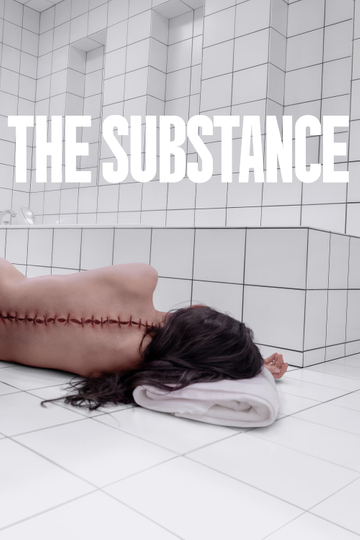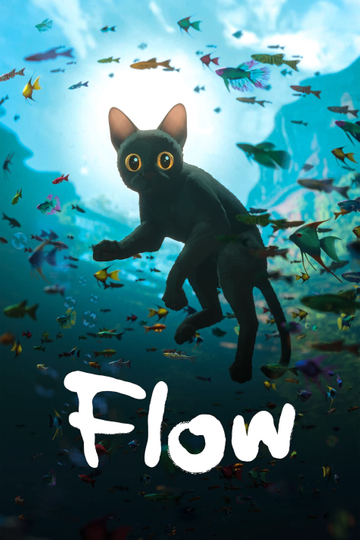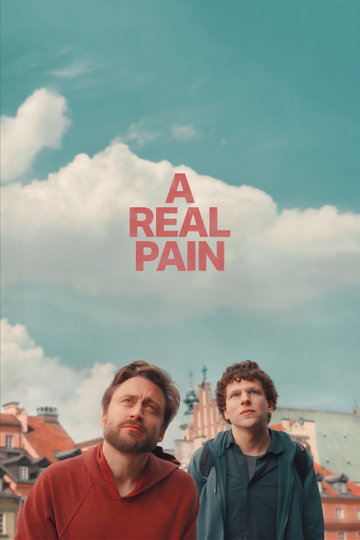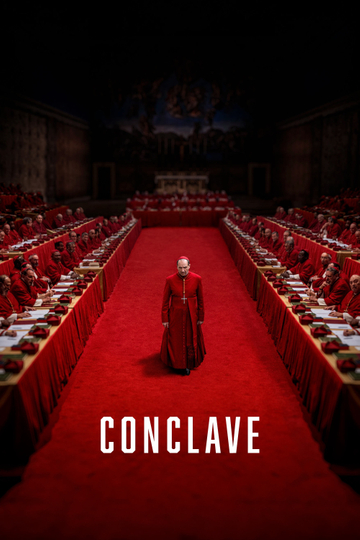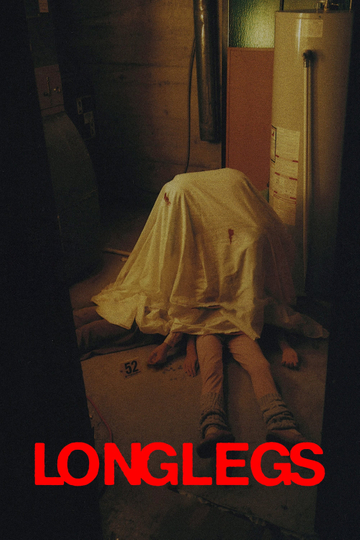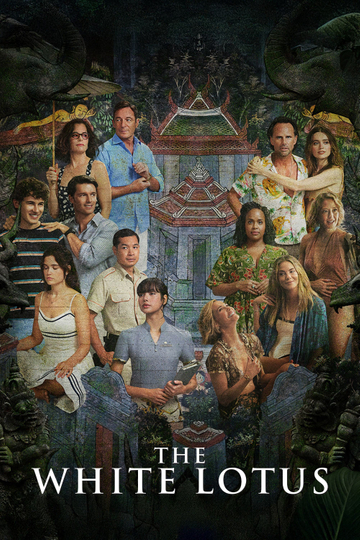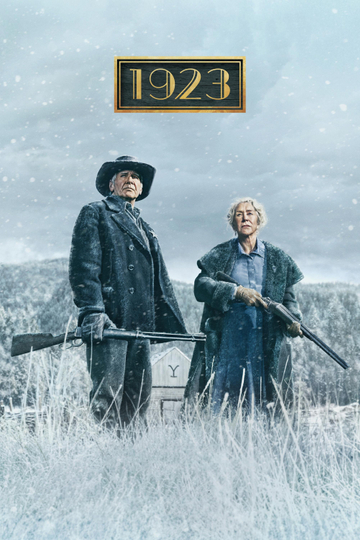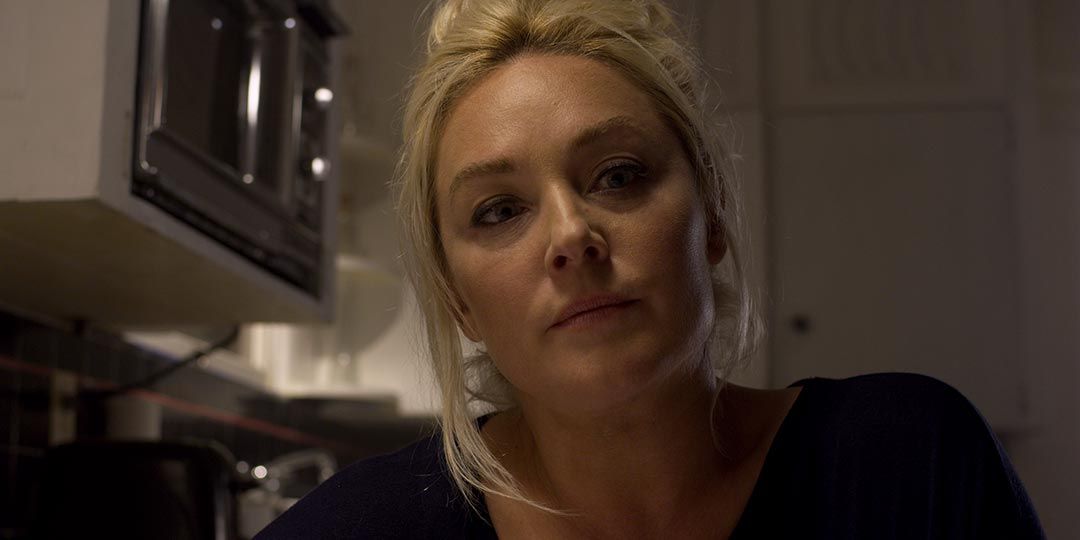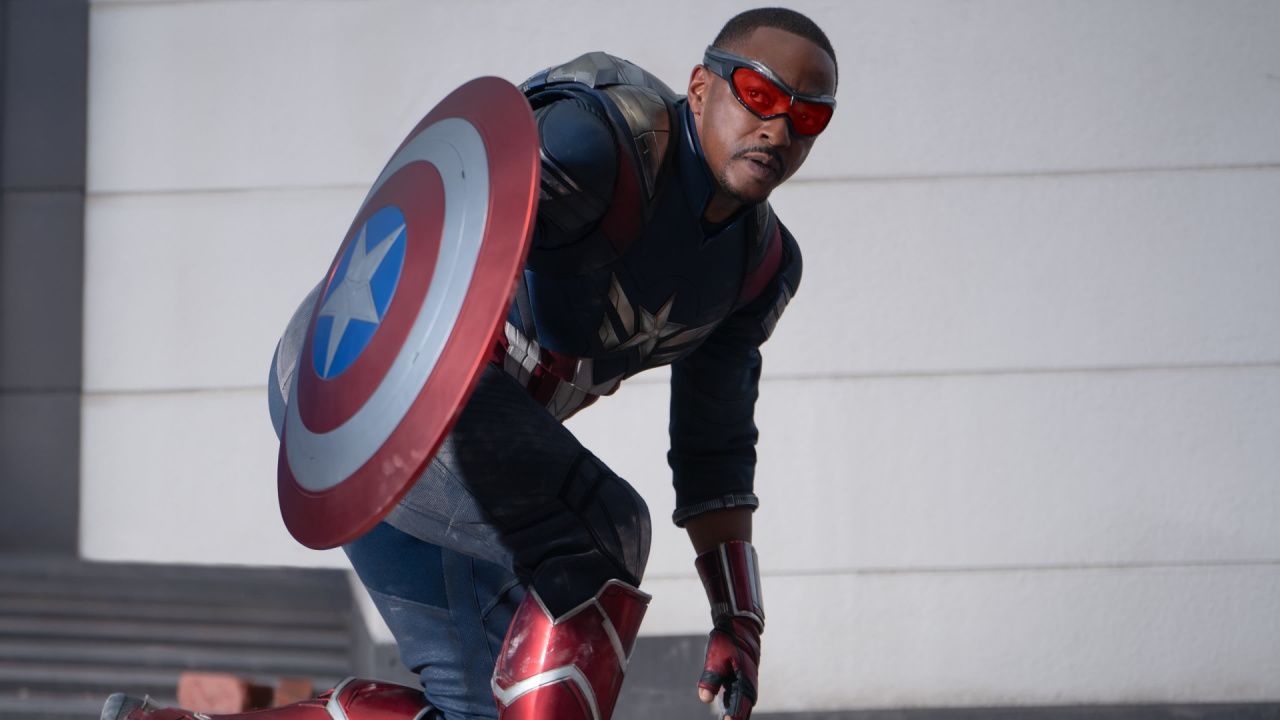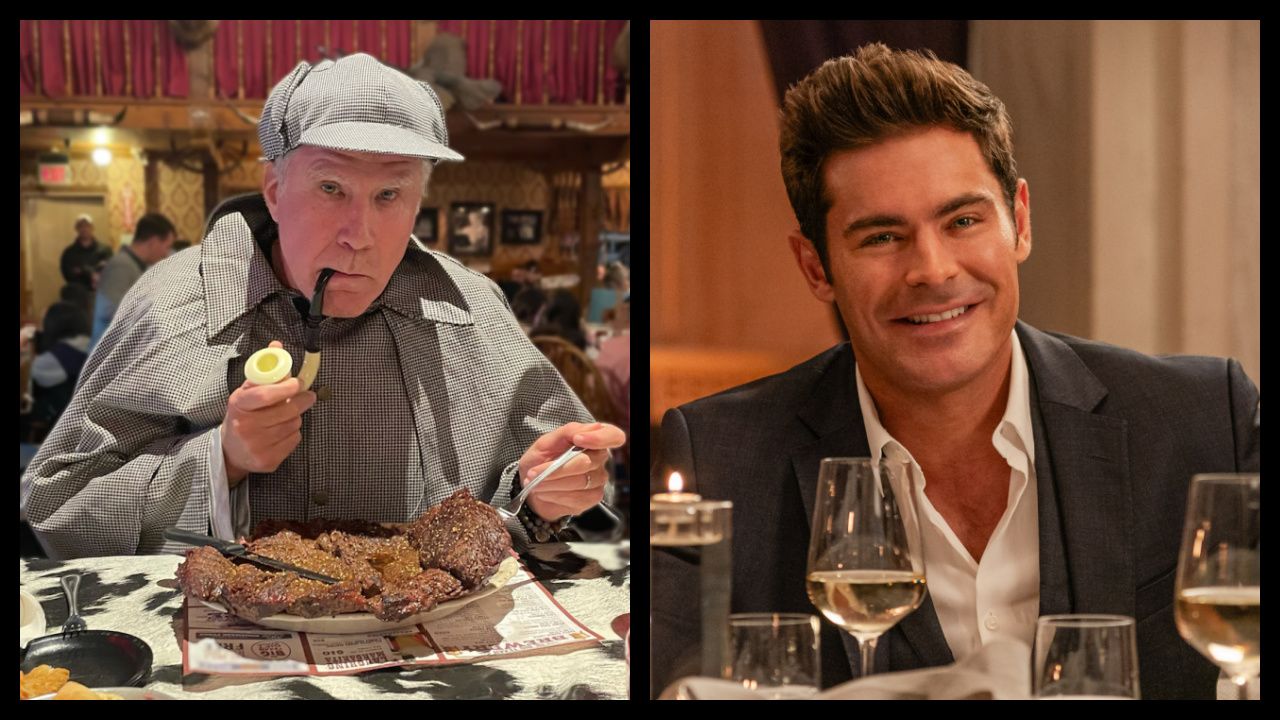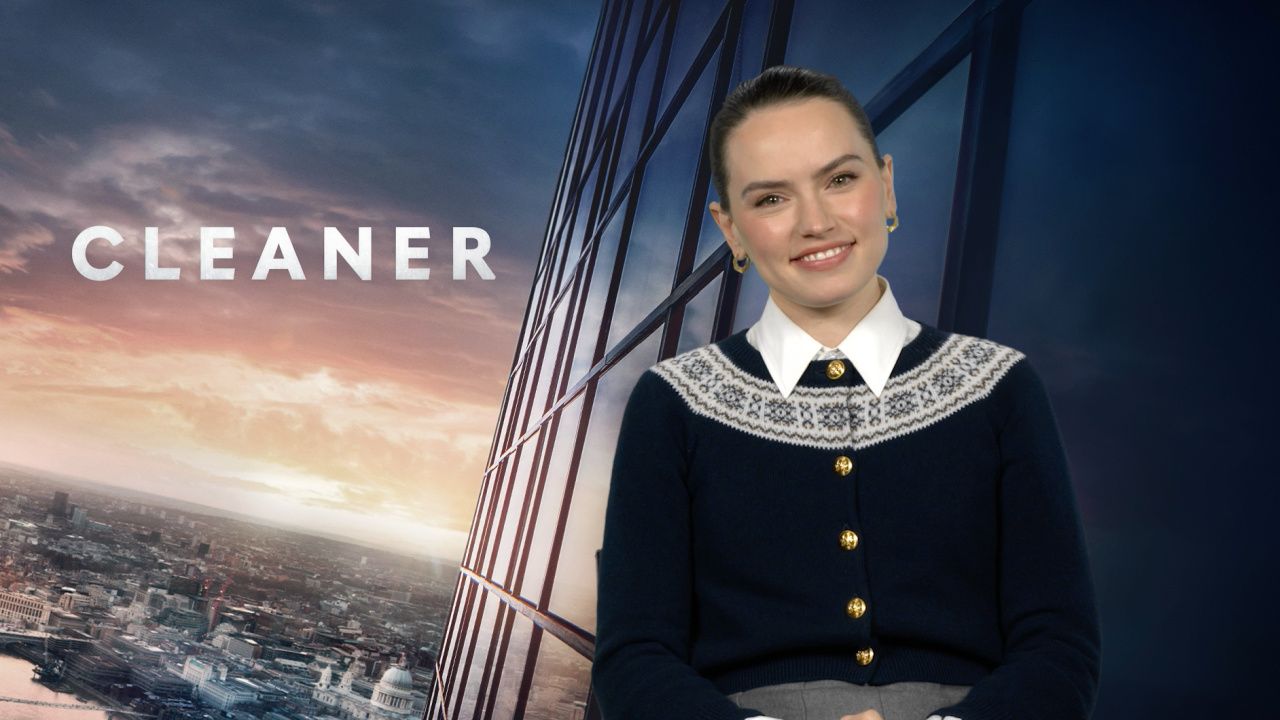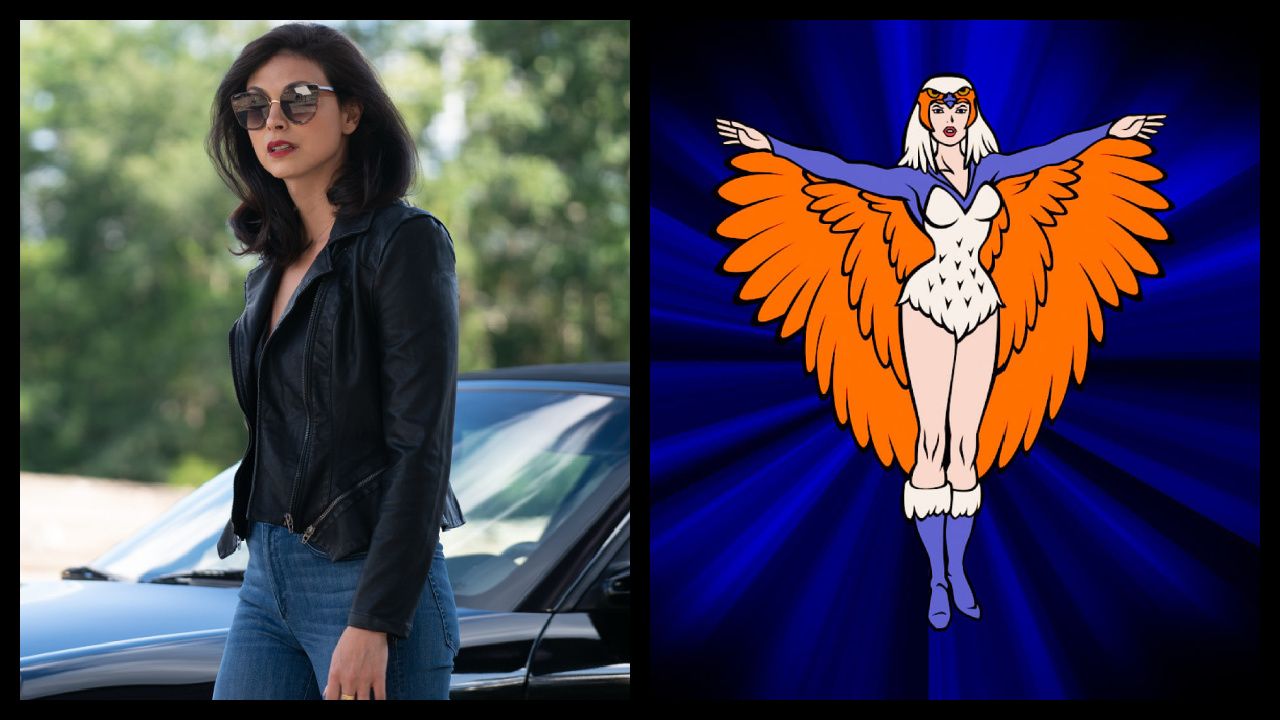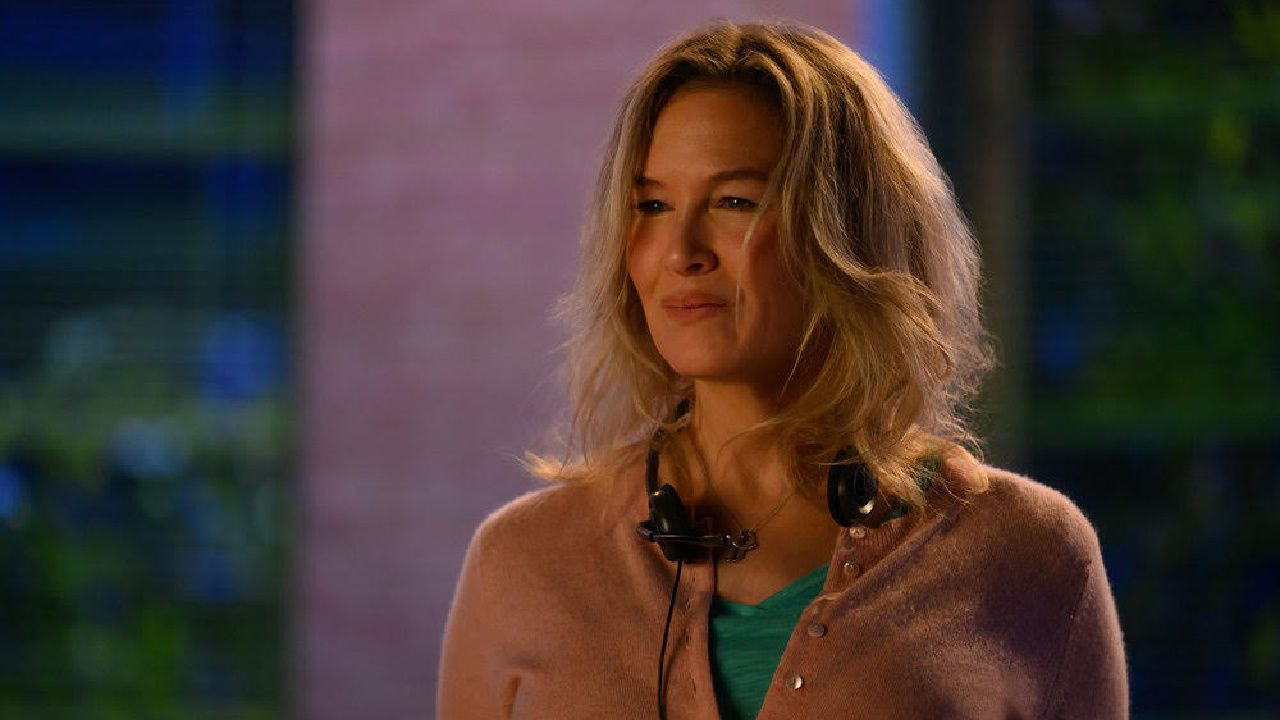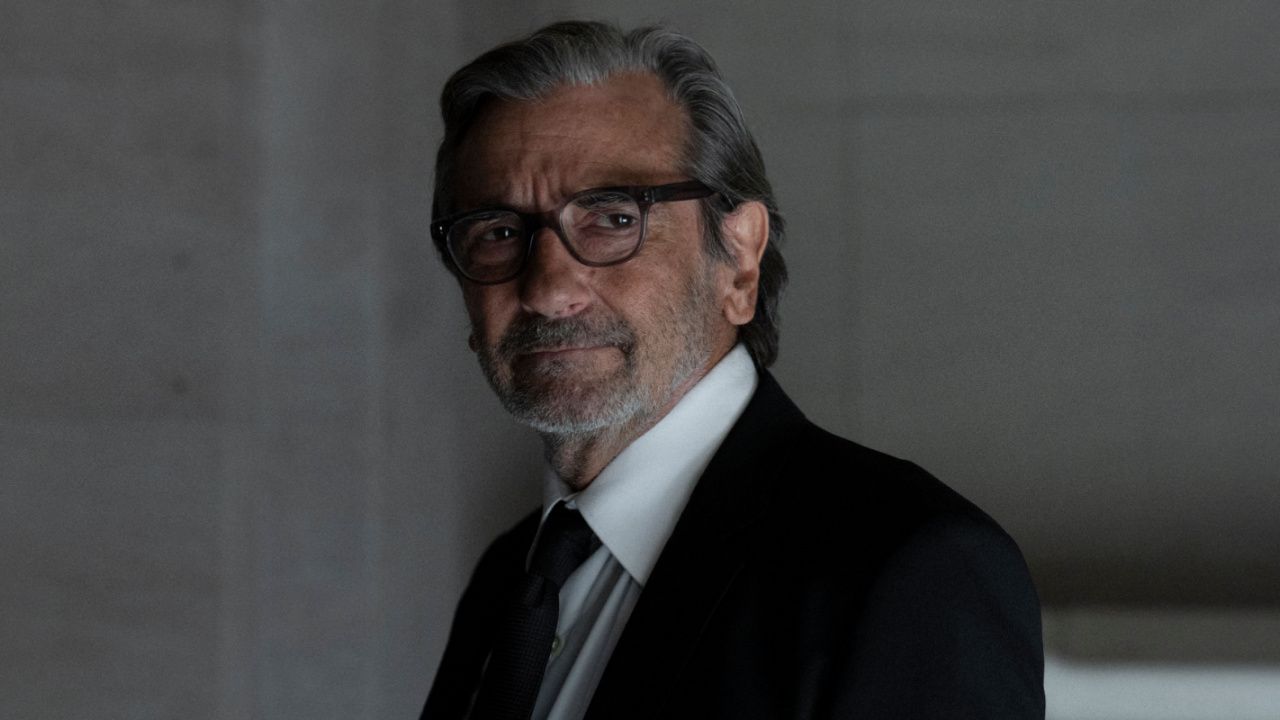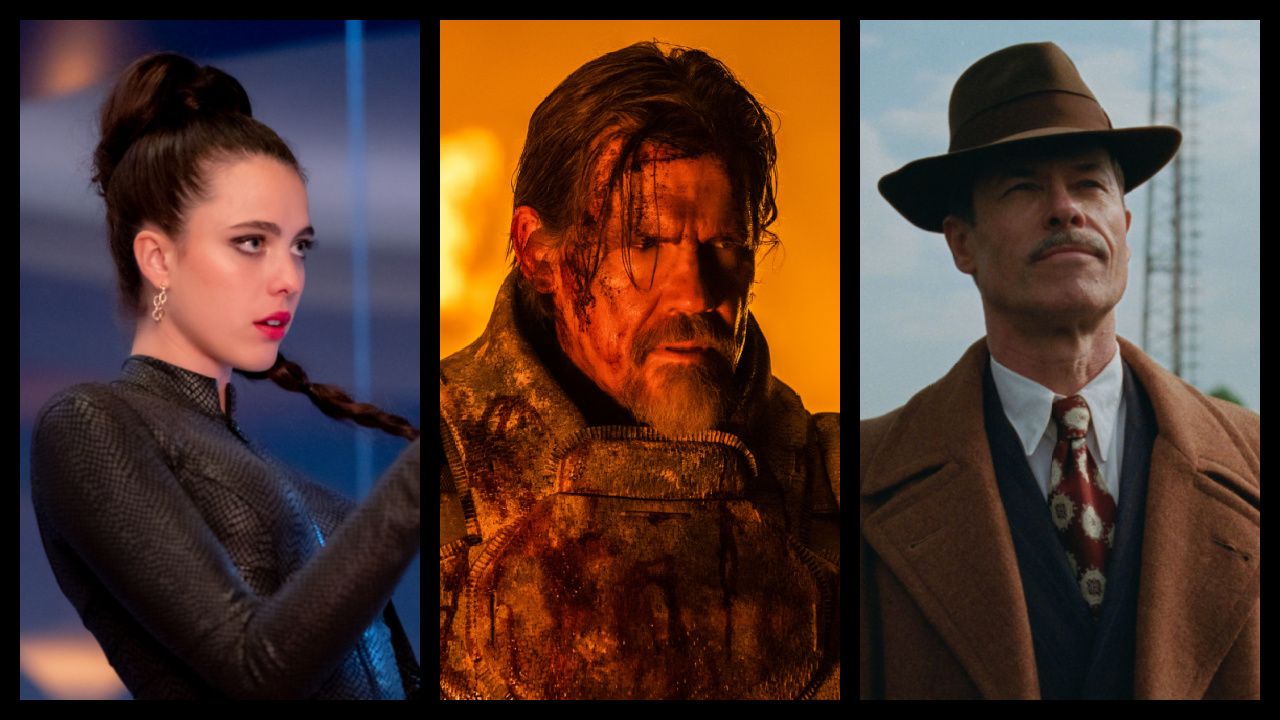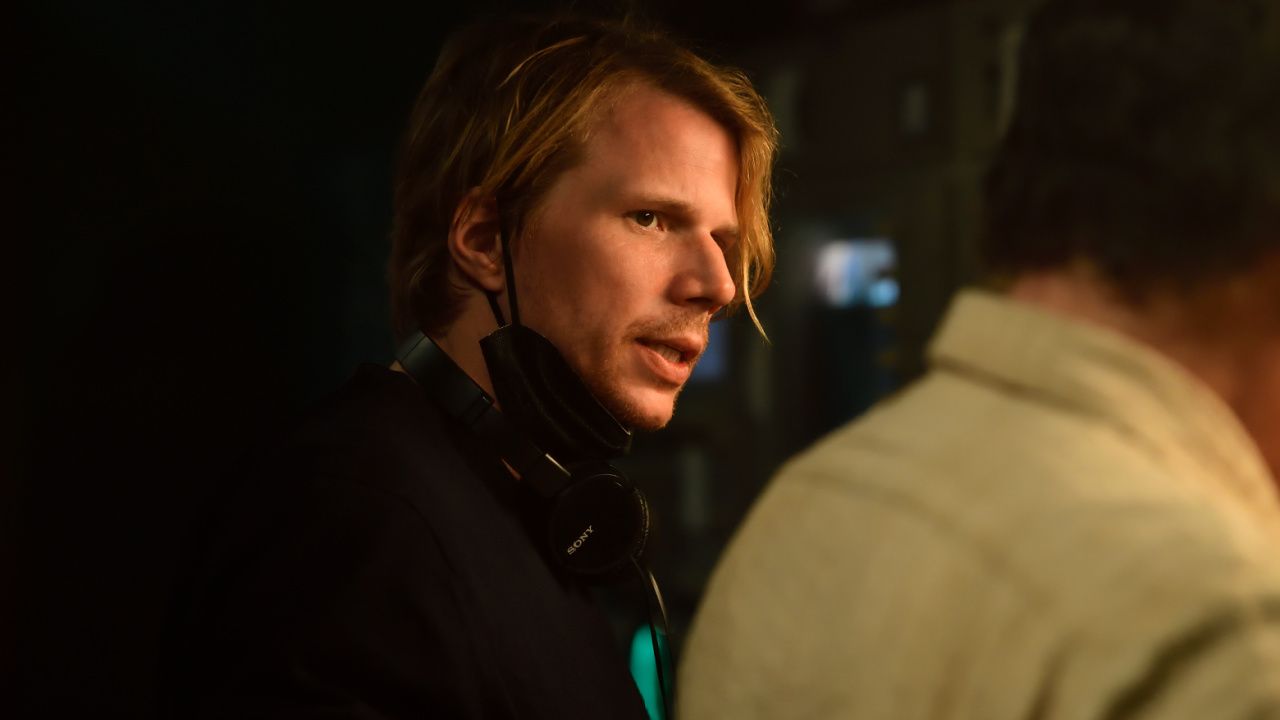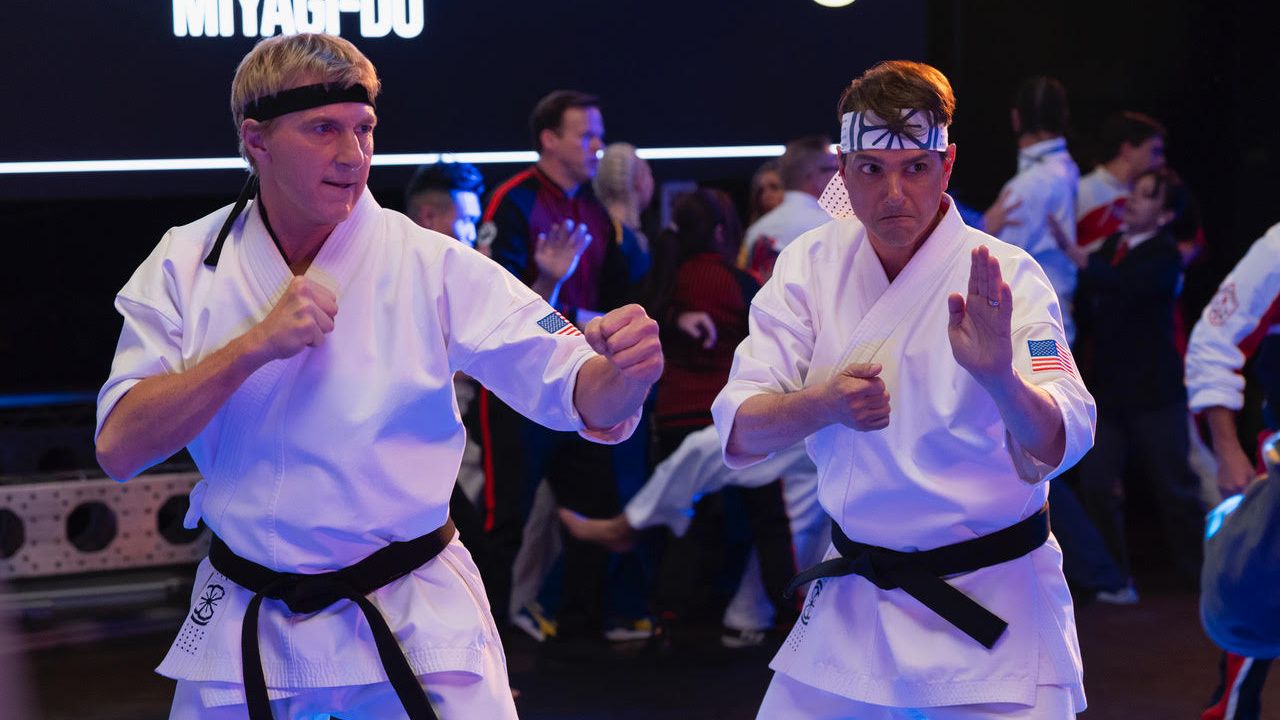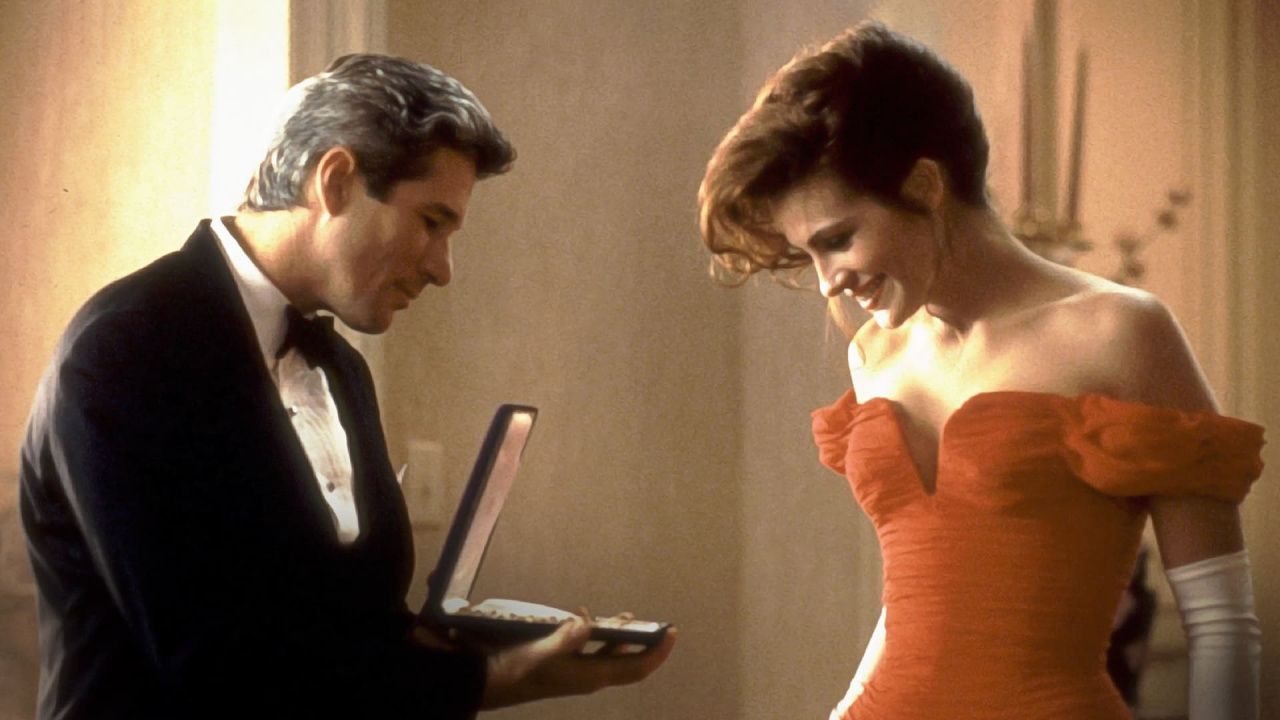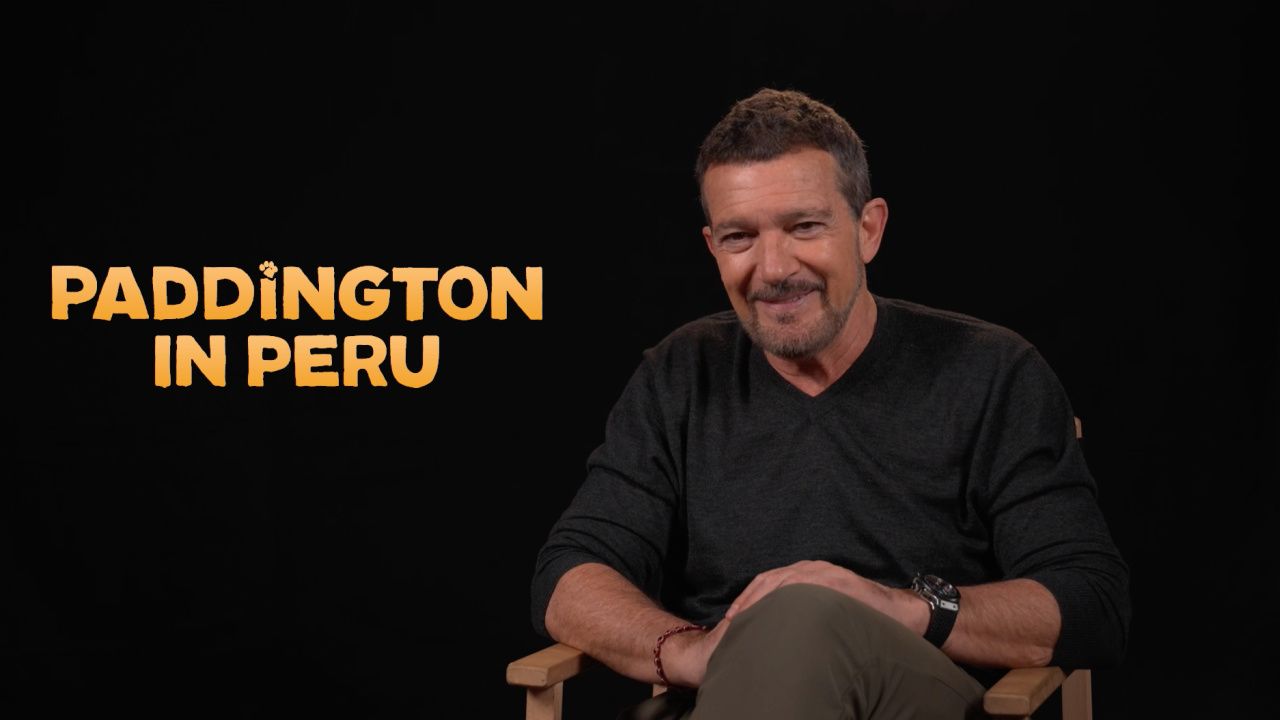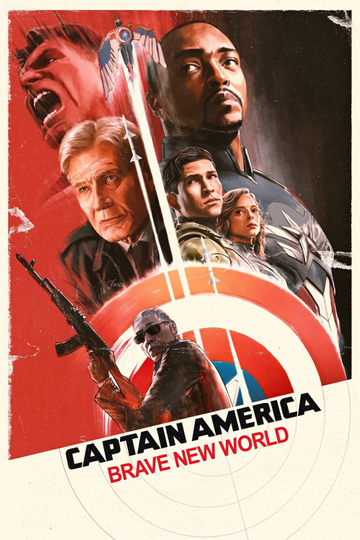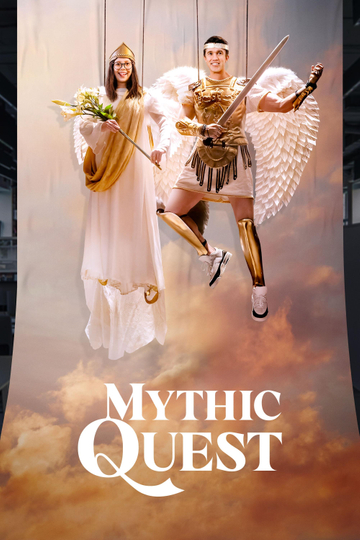Notorious Nick’ star Cody Christian talks about the true story behind the movie
Cody Christian talks about playing Nick Newell and the prep work involved to be believable as an MMA fighter
‘Notorious Nick’ tells the real-life story of Nick Newell, who became a successful MMA fighter, in spite of having a congenital amputation. Cody Christian plays Newell, and the actor talked to us about making the movie.
Moviefone: Could you describe Nick?
Cody Christian: Nick Newell, born in Connecticut, born with a congenital amputation, something he had throughout all adolescence into adulthood. Throughout high school, decided to participate in wrestling, which is something that nobody thought he could do nor wanted him to do. From there, he met his coach and that kind of transitioned to, as he progressed in age, he wanted to pursue a career in mixed martial arts. Again, same reaction. People viewed him and these perceived limitations that they put on him and what he can and cannot do. Against all odds, man, worked his ass off and became a professional fighter, and his story, it's one of a kind, and it's inspirational.
MF: How did this come your way?
Christian: Honestly, just a regular audition. I think I was the third or fourth round of auditions. I know they went through a lot of people, a lot of actors to see if they were right for his story. When it came my way, man, I knew it was an amazing opportunity, a one of a kind story, and I gave it my all in just prepping it. I had a day and a half, two days to kind of prep for the audition. I did as much research as I absolutely could and went in there and did my best, because I really, really wanted it, and I got the opportunity to tell the story.
MF: Did you get to meet Nick himself?
Christian: I haven't met Nick yet. I'm hoping that changes when the world kind of gets back to normal. During the process of filming, I know he was a little busy prepping for fights, but I did get the second-best thing, which was an encyclopedia of personal information from our producers who had spent damn near a year and a half, two years with him kind of soaking everything up.
So I was constantly running everything by them, and I'm hoping that when the film comes out, he gets the opportunity to see it, I'd love to be able to connect with him. Because my biggest priority in doing all of this was him being able to watch it with a sense of pride, and being able to show his friends and family like, "Hey, this is my story."
MF: You have some great co-stars here, like Elisabeth Röhm and Kevin Pollak. What was it like working with them? Any nervousness at all?
Christian: I was nervous for sure, but the chemistry was there with everyone right away. As soon as we got on set and we kind of got past the very first rehearsal, it went away. These guys are pros, every single one of them, so they know how to make it their comfort zone. Not only for them, but their fellow actors. So if anything, it was a privilege to be able to work with these guys, soak up the experience and just share the screen with them.
MF: Can you talk about the rehearsal process? Because a lot of actors will bring that up, but I'm not sure everybody necessarily knows exactly what that means for say a film production, as opposed to say theater, right?
Christian: Absolutely. I mean, with this film, there were two things. We had the whole fighting, and I can get into that after I answer this. But as far as just basic rehearsals on a film set, you kind of get a schedule ahead of time. Hey, this is what we're going to knock out on this day, this scene, this scene, this scene. Do your prep, make sure you're ready, show up on the day, and it's generally the actors, the director, the DP, camera crew, kind of just walking through it, figuring out the staging, the blocking of it, putting it on its feet, speaking to the director about performance. A very loose rehearsal. Once everything is kind of ironed in and everyone feels comfortable, we set up the first shot, and we start to knock it out.
So, that's that process. Then with the fighting, that was a completely different story. I think the first week and a half was all just rehearsals of every piece of the fight throughout the entire film, and then the first two weeks of filming, we had the Octagon first, that location, so every bit of fighting, we filmed right away. So the rehearsal was, like I said, a week and a half, probably eight hours every day of just kind of going through everything, making sure everyone feels comfortable, attention to the details, so to speak. So, that was a bit more extensive.
MF: You talk about shooting all the fight scenes first, and having done the research, you know how the fight goes for Nick, that really big fight, but does that knowledge make it tougher to show nervousness? Because you yourself shot the winning fight?
Christian: Of course. That's generally how films end up working out, right? Very rarely are things shot chronologically, so you more times than not are filming the end result or the ending before the middle of it, before the beginning. But that's kind of like your job, is to know the story, where you are and where you have to be mentally, emotionally, just to make sure the truth and authenticity is there to thread all the way through from beginning to end. You don't want anything to take a viewer out of the experience.
MF: Were you an MMA fan going into this?
Christian: Yeah, I've watched MMA damn near my whole life. I trained a little bit in striking, a little bit of Muay Thai, the most in jujitsu. I ended up loving it, man. So yeah, I was more than a little well-versed, but I still had to do a lot of research, especially with Nick. I wanted to see every fight, how he moved, what he did before the fight, what he was doing in certain situations. Just kind of studying him, again, to make the performance and especially the physicality of things as truthful as it could be.
MF: What's it take to do the movements on your side where you don't have a full arm?
Christian: It started very early on, it started with the prep of the film. I used to take my arm and tuck it into my shirt or my hoodie and tie it off into a knot, and just kind of get used to the physicality of ignoring from here down. Doing daily things, trying to utilize my elbow, because with Nick, someone that's born with it, it's what they have. There's no difference, they don't have anything to compare it to.
So all of these things that they do that we might see as difficult or challenging or limiting, they just do it a different way. So really tapping into that and that mindset of I don't feel like I have anything missing, this is the norm. So it started, like I said, in the early prep phases, and then as we just kind of progressed through the movie, I want to say within two weeks of filming, I was very, very conscious of this and where it needed to be and how it was going to feel.
The fighting was a little difficult, because they wanted to keep this out and away from the body, but when they removed it digitally, the special effects or the visual effects, so a lot of it was me kind of fighting and striking with the elbow and trying to create dead weight here, just keeping it out and away from the body, no matter what position it was in.
MF: Did it make the training scenes weird that instead of doing the whole curl or the presses, you've got something tied to your arm?
Christian: It was crazy, but I was able to do it, which shows, again, that someone like Nick, if you want to do it, no excuses, he found a way. Training at the gym, we found a way to make it work. I had one scene specifically in the training montage where I think my arm was hooked to a cable, and he's doing cross cable flies. That's something also. There are videos of him training online, and you could just see the kind of things that he's doing. He's doing things that people with two arms can't do, so it was pretty crazy.
MF: In the movie, the only think that holds him back is the external perception, because you see even early on as a kid, when he's brushing his teeth and just holding it, there's never a moment of, "Oh, I can't reach X." How appealing was that to you as an actor?
Christian: Yeah, I mean, the second I saw this opportunity come up, the amount of depth that I saw, the layers that I saw, because to your point, there's this physical story being told, but what's more intricate and complex is the mental story being told. We see it in phases, from him being a kid to him enduring and facing everything in high school, to that feeling, right? I mean, the kid picking on him the second he goes into the wrestling camp or the wrestling thing at school, you kind of see it immediately. When he gets into the MMA world, the championship fight, you see what's going on around him.
To your point, there's these different stages of his own acceptance of what he can achieve and how far his willingness of self-belief is going to take him. So, it was interesting. It was interesting to play, and I had a blast with it, to be honest.
MF: What's it like reading that script? Because this movie doesn't do what a lot of standard sports movies do, which is showing the hero just never giving up. But here, we see him quit the wrestling team, and then he comes back. How did that feel, reading that in the script?
Christian: Amazing, because I get to see, again, the journey of where this character starts and where he goes. I don't want to play this guy that is this level all the way through. There's no reality in that, right? Life acts against you in many curious ways. So I think it just kind of adds to the truth and the authenticity of his story, what his journey was like. He at a certain point gave up, walked away, came back, almost gave up again, but it was his relentless pursuit of what he found to be his passion that ultimately led him to where he is now.
I could talk about this movie all day, man. The story, the fact that it's real, it gets me, because a lot of people, if they don't know of Nick Newell, and they find out, and they say, "Oh, okay, that's not real." But we even put it in the credits of the film, if you don't believe it, come check it out, because this is really real, this really happened.
MF: So are you ready to get in the octagon yourself now?
Christian: I've taken enough hits to feel comfortable in there. Listen, we choreograph and stage everything to look believable, but there are some slip-ups at times. I've taken a couple hits to the face, a couple kicks to the groin, that wasn't fun. Whole body banged up, bruised, scraped up. I think I'm good for a little bit. I'm good, I got it out of my system.
MF: You don't want to mess up the moneymaker!
Christian: (laughing) Right? Come on now! Listen, I know too having experienced this slice of life, what these fighters do, just the mentality, the mindset, the dedication, having gone through it personally now and experienced just a little bit of it, my respect and admiration for these guys just went through the roof. I think that's a core and a root principle that I wanted to bring to the film is that anyone who does this for real, I want them to watch it and believe it. I want this to be an accurate, respectful representation of something that they love.
